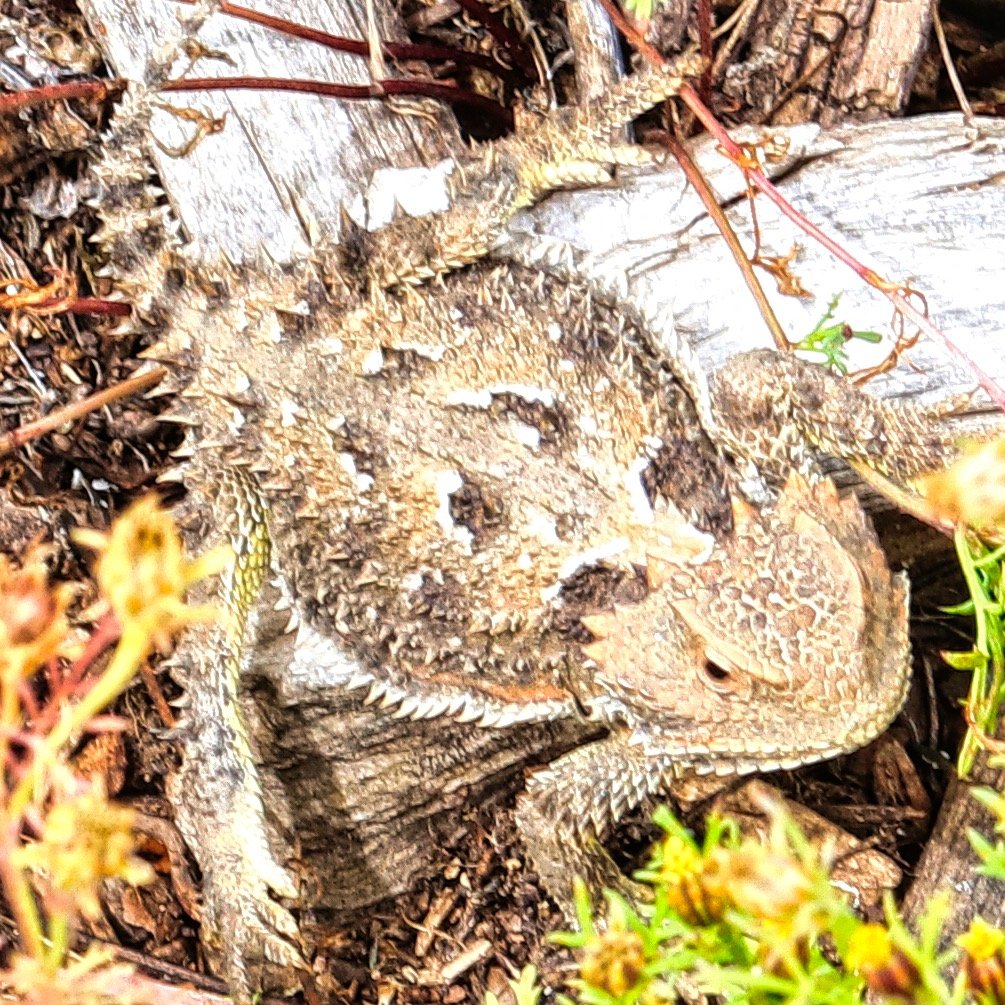
Horned lizard or more commonly called horny toad are thriving on perk trail
You might not notice them at first, but they're there. Horned lizards, more commonly called horny toads, are making a comeback on the Perk Trail. Once believed to be extinct in the area, these small reptiles are now thriving thanks to focussed conservation efforts .
Horned lizards are small animals, averaging about four inches in length from head to tail. They get their name from the two rows of spikes that run down their backs and the protrusion on the end of their noses that resembles a horn. These lizards are shy by nature and prefer to avoid humans whenever possible.
Despite their small size, horny toads play an important role in the ecosystem. They help control insect populations by eating ants, beetles, and other insects. In turn, this helps keep plant-eating insect populations in check, which benefits both agriculture and local ecosystems.
Horned lizards also provide food for larger predators such as birds of prey and snakes. This helps keep those populations healthy and provides valuable nutrients for the animals that consume them.
The return of the horny toad is a testament to the power of conservation. Thanks to focussed conservation efforts, these little lizards are once again thrive in the Perk Trail area. With any luck, they'll be around for many years to come.
The return of horny toads is great news for the Perk Trail ecosystem. These small reptiles play an important role in controlling insect populations and providing food for larger predators. The effort to bring them back is a success story that highlights the importance of conservation.






